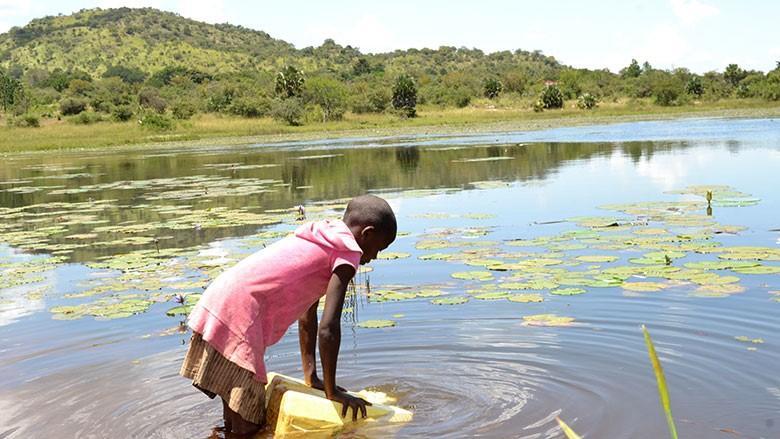
Today, April 30, 2021, the University of São Paulo – the (virtual) host of the 4th Planetary Health Annual Meeting (PHAM), and the Planetary Health Alliance (PHA) will launch the São Paulo Declaration on Planetary Health. The first of its kind, the São Paulo Declaration on Planetary Health outlines actions necessary to achieve the Great Transition, a comprehensive shift in how human beings interact with each other and Nature. The declaration follows a week-long virtual Planetary Health Week that ran from April 26-30, 2021. The virtual event saw an increase in participation compared to previous years, with over 5,000 participants from 120 countries this year. While this was likely due to the virtual nature of the event, the growth in planetary health research and education no doubt also played a role. Several training institutions across the world are currently offering planetary health courses and the Planetary Health Alliance has published the Planetary Health Education Framework with over 10 case studies that are freely available online for educational purposes. It seems the Planetary Health movement is indeed taking shape and taking off.
During the planetary health week, I reflected on the perspective changes that will be necessary, if we are to achieve the Great Transition. These are shared below:
In a nutshell, to restore the earth, we need to change ourselves. We need to imagine a new earth and work towards it. We need to take a new green path, a path of sustainability, a path of care and compassion that will restore the earth. We need to integrate all the things that are disintegrating (on) our planet, starting with our families and children. The change we make must be based on shared values and a shared cause. Planetary health could be that cause, therefore, we should embrace the planetary health movement.
